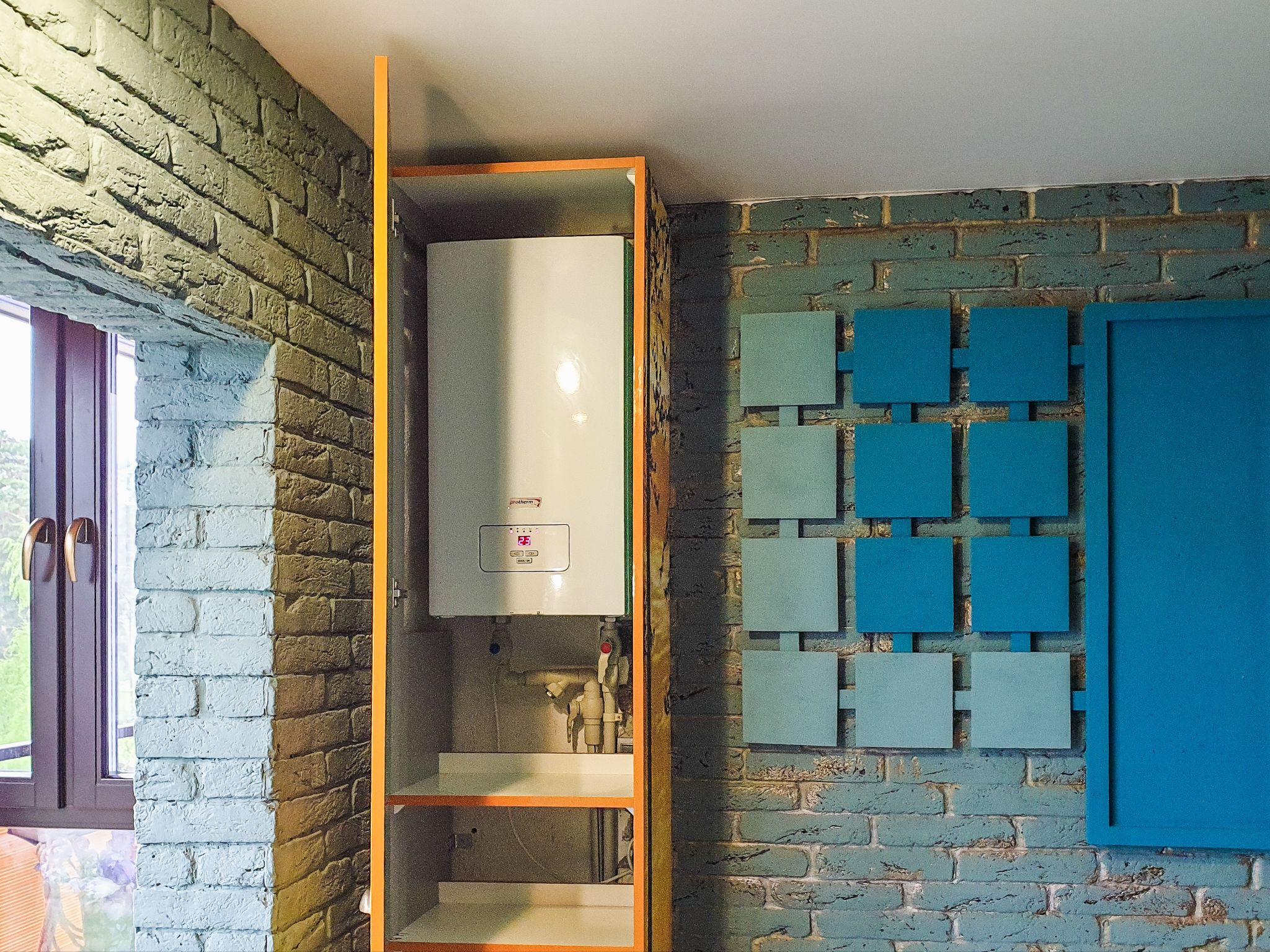Water heaters are an essential component of our daily lives, ensuring we have hot water for showers, cleaning, and more. However, like all appliances, they have a lifespan and don’t last forever. Recognizing when it’s time for a replacement can save you from unexpected outages and higher energy bills.
Here are the top signs that suggest your water heater might be on its last leg.
1. Fluctuating Water Temperatures
Have you noticed a sudden shift from scalding hot to freezing cold while you’re in the shower? Inconsistent water temperatures are often the first sign that there’s a problem with your heater. Although this could sometimes be fixed with water heater repair, persistent temperature fluctuations may indicate that your unit is nearing the end of its life. It’s crucial to call a professional to determine if it’s time for a replacement or if a simple repair will do the trick.
2. Age Of The Unit
Water heaters generally last about 8-12 years. If yours is approaching or has surpassed this age range, it’s time to start considering a replacement. Regular maintenance can extend the life of your unit, but even the best-maintained water heaters will eventually need to be replaced.
3. Rusty Or Murky Water
Clean water is essential for health and hygiene. If you notice rusty or muddy water coming out when you turn on the hot tap, it could be a sign that your water heater is rusting from the inside.
Rust in the tank can lead to leaks and water contamination, so it’s essential to address this issue promptly.
4. Rumbling And Strange Noises
A well-functioning water heater should operate relatively quietly. However, as the unit ages, sediment can build up at the bottom of the tank. This sediment gets heated and reheated, eventually hardening. This can cause your water heater to make rumbling, banging, or crackling noises. Not only is this a sign of an aging unit, but the extra effort to heat the water can also cause damage to the tank and reduce its efficiency.
5. Water Around The Heater
If you see moisture or puddles around your water heater, it’s a clear indication that there might be a leak or fracture in the tank. Even small leaks can lead to significant water damage over time, so it’s crucial to address this issue immediately.
6. Increased Energy Bills
If you’ve noticed a sudden spike in your energy bills without a significant change in your usage habits, your water heater might be the culprit. As heaters age, they become less efficient, requiring more energy to heat the same amount of water. While regular maintenance can help maintain efficiency, a sudden and persistent increase in your bills might mean it’s time for a replacement.
7. Frequent Repairs
A water heater repair now and then is standard. However, if you find yourself calling the repair technician frequently, it might be more cost-effective in the long run to invest in a new unit. Repeated breakdowns are not only a nuisance but also a sign that your water heater’s overall health is declining.
Conclusion
Your water heater plays a pivotal role in ensuring comfort in your home. Regular maintenance can prolong its life, but it’s essential to recognize the signs that it’s time for a replacement. By being proactive and addressing issues early, you can save money, ensure consistent hot water supply, and prevent potential damage to your home.
So, if you notice any of the signs listed above, don’t ignore them. It might be time to say goodbye to your old unit and invest in a new, more efficient water heater.

